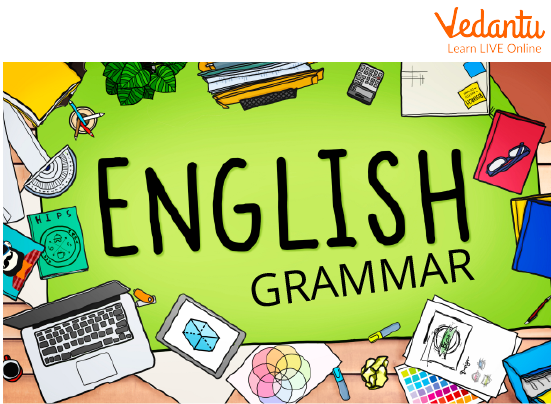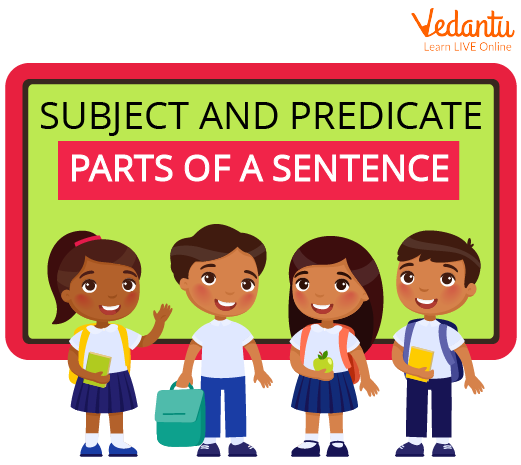An Overview of Class 6 English Grammar Ncert Solutions Parts Of A Sentence
FAQs on Class 6 English Grammar Ncert Solutions Parts Of A Sentence
1. How do you easily identify the predicate in a sentence?
The predicate of a sentence is one that describes the action or the presence of the subject. It contains a number of words (extension of the predicate) that fall under the categories of:
Verb (they were flying)
Object (the Porsche is a car)
Enlargement of the object (the Rolls Royce is an amazing car)
Complement (she is an excellent artist)
2. What are the different types of a subject?
The subject is the doer of any action. The words (enlargement of the subject) present in it are -
Determiner (a dagger was thrown).
Adjective (a bloody dagger was thrown).
Adjective phrase (a bloody dagger with a rusty blade was thrown).
3. Can you form a sentence with a subject or a predicate alone?
No, any sentence that has either the subject or the predicate is a grammatically incorrect sentence, since a sentence requires only a subject (a noun or a pronoun) and a predicate (a verb).



























